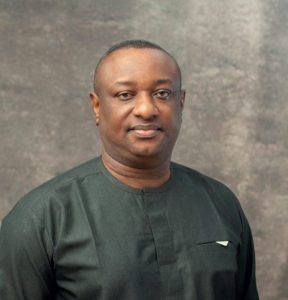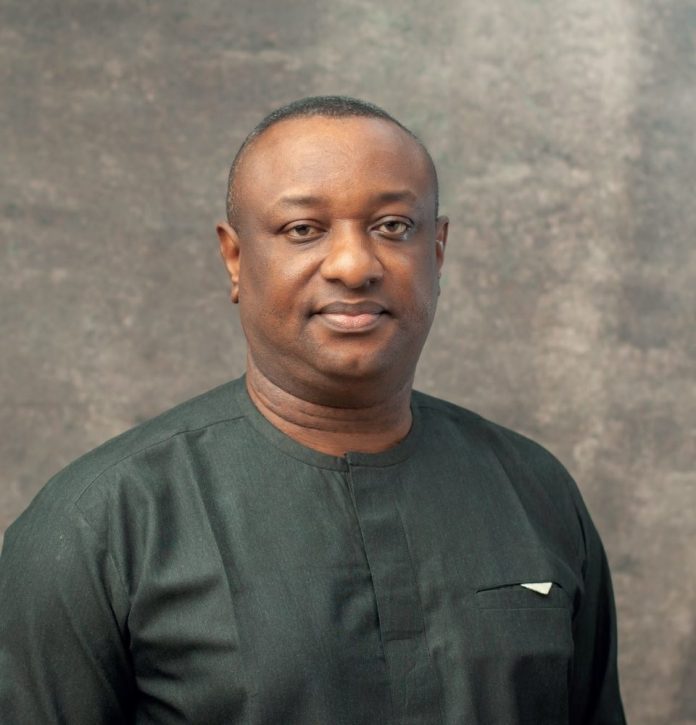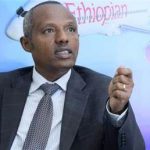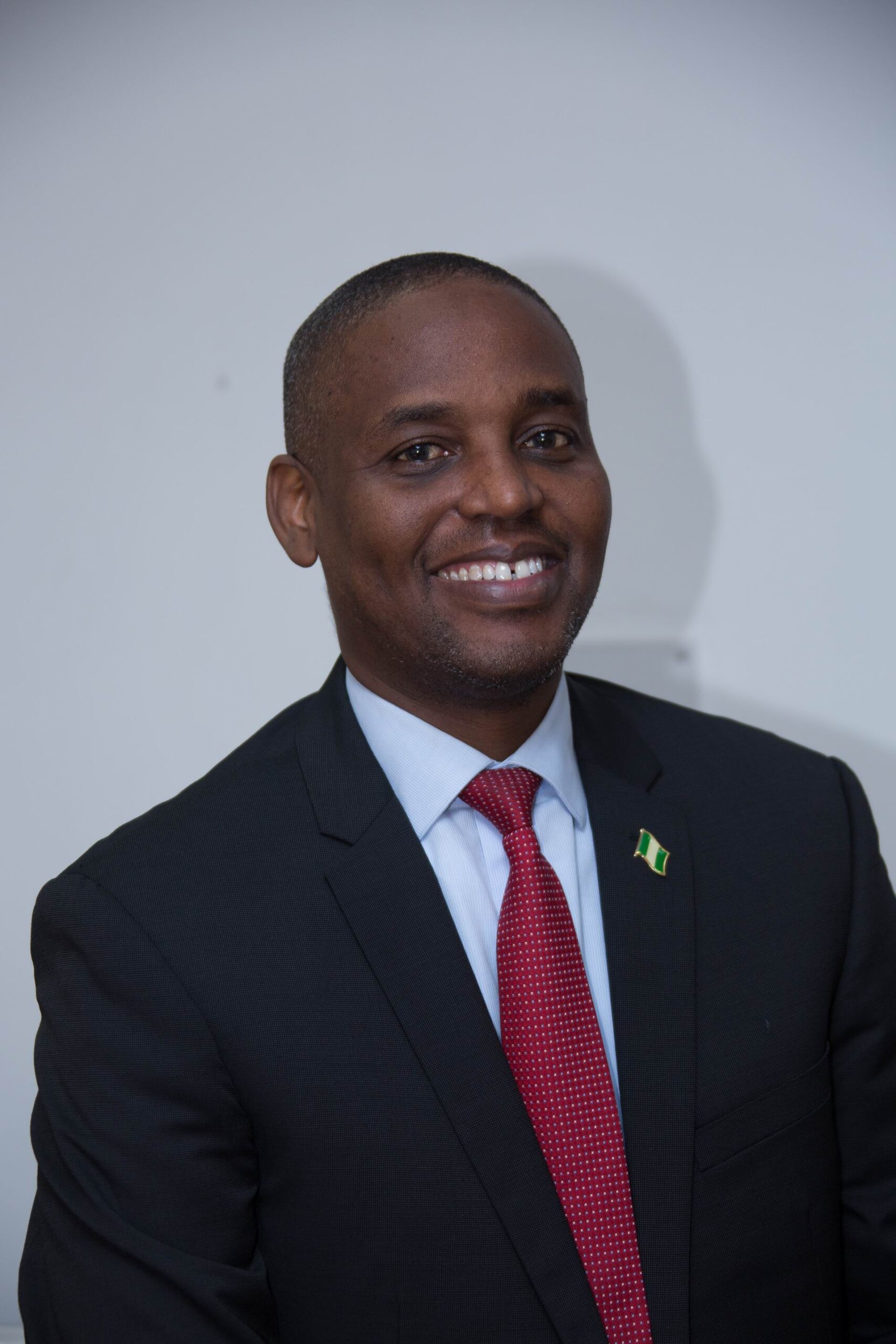
Stakeholders in the aviation industry have observed that political considerations have relegated competence and technical knowledge in the appointment of head of aviation agencies, directors and other critical personnel in the last eight years and warned that if the trend continues the safety status of the sector may be eroded.
According to them, about a year ago some persons without cognate aviation experience were appointed to become inspectors in the Nigeria Civil Aviation Authority (NCAA), adding that in other agencies, political connection rather than industry skills, experience and values were the factors that led to the appointment of personnel to sensitive positions that could mar air safety.
The stakeholders said there were not much to cheer in the current appointment, which followed the old trend, adding that gone were the days when technical egg-heads were appointment to head aviation organsiations like the NCAA, the Nigeria Airspace Management Agency (NAMA), the Federal Airports Authority of Nigeria and the Nigeria College of Aviation Technology (NCAT), Zaria, which foresees the training of aviation technical personnel.
Seasoned pilot and Chairman of West Link Airline, Captain Ibrahim Mshelia, told THISDAY that Nigeria would derail from proper running of civil aviation, should the situation persists, insisting that such development may injure the future of the sector.
He regretted that politics has eroded professionalism in the way aviation is run in Nigeria, stressing that ideally, as obtained in other parts of the world and in cognizance of the International Civil Aviation Organisation (ICAO) standards, NCAA should buoy all aviation activities in Nigeria.
“We are not running a proper aviation sector. We are running a federal ministry of aviation department. NCAA is not autonomous and it is the agency that should be in charge of aviation in Nigeria. But NCAA reports to the Minister of Aviation. The whole industry is supposed to be under the purview of the Civil Aviation Authority. Because when they come to do ICAO inspections, for example, who do they come to inspect? They say civil aviation. And who is the regulator, NCCA? So NCAA must be given its rightful place, very sound, intelligent, dedicated, patriotic citizens should be allowed to head the agencies.
“What we have been doing is just giving jobs to our relations. In most places (other countries), they select the best brains and the people who have the wherewithal to head these aviation agencies. And number two, besides identifying that this is what we need to do and take politics away from aviation, we also need to make sure that we decongest the civil aviation. I would like to see a civil aviation that is not more than the required number of experts and their support staff. Support means drivers, maybe admin officers, HR people, even lawyers should be trained. They have aviation law schools. They must be trained to go and work in the NCAA or any of the agencies because everything we do is different from everywhere,” Mshelia said.
Mshelia further said once politics is separated from civil aviation, the number of staff would be trimmed, geared towards who deliver technical results and who propel the industry.
“Once we are able to separate these two, then you find that even the internally generated revenue will be sufficient to take care of these people very well. And you pay inspectors like you are paying pilots in the airlines. That way, they will not be induced to do anything by the airlines. They will look them in the eye and say, ‘this is wrong, that is wrong, this is wrong, stop this, stop that.’ The heads of the agencies should have access to their money directly when it’s needed. No bureaucracy. Remove all these civil service things from aviation,” he said.
The Chief Executive Officer of TrainTech Integrated Services Limited and former Managing Director of Nigeria Aviation Handling Company Plc (NAHCO), Mr. Bates Sule, told THISDAY that the aviation industry deviated from the professionalism that hitherto guided its operations, as it has gradually been mired in politics that the sector is beginning to lose its substance.
“Within the last eight years we have witnessed governance and leadership truncated in the aviation industry. Appointments of Chief Executives and top management as well as staff recruitments were done with reckless abandon based on the directives of the ‘oga at the top’ in the Ministry of Aviation. People from the states and local governments without cognate experience were recruited even up to management positions thereby truncating the career of the in-house staff. The number one core value of the industry is safety, which cannot be achieved with such type of engagement. No wonder the government agencies had square pegs in round holes with diminishing efficiency. There were no boards constituted in all the parastatals hence the ministry had a field day micromanaging the parastatals.
“Aviation business is not just about aircraft and passenger safety and facilitation alone but on how to put in place a proper governance structure that will ensure the success of the industry. The ability to fly an airplane as a captain does not qualify one to hold such sensitive position as a minister or chief executive in the aviation industry. The records of their respective past performance are there for all to recall, ” Sule said.
Sule observed that the sacking of the Chief Executives of the agencies therefore did not come as a surprise even though the removal of the directors whom, “I learnt are being interrogated by security agencies on corruption charges is rather unfortunate. Victims of circumstance, I guess. This exercise I will term as cleaning of the Augean stable.”
He said the appointment of Mrs. Bunmi Kuku, an experienced technocrat and management consultant as the Managing Director of FAAN, is a huge relief and a welcome development.
“What really caught my interest in her profile was her extensive expertise in strategic growth and business transformation. As a previous partner in Ernst & Young, I hope she will bring to bear her knowledge in driving strategy and infrastructure development. This I believe is what FAAN needs now as a matter of urgency. This was the orientation that I had to bring to bear in transforming NAHCo (an aviation handling company hitherto owned 60 per cent by FAAN on behalf government and 40 per cent by four international airlines) into a public limited company which today has become the toast for investors on the floor of The Nigerian Stock Exchange Limited (NGX), ” Sule further said.
Sule who described FAAN as a cash cow, said this may explain the clamour to concession the international terminals of airports and said that FAAN is not taking the advantage at its behest while negotiating for concession.
“We have seen the controversies that have arisen due to the fact that FAAN was negotiating from the position of weakness. If the deals had gone through this will be the second huge mistake that the Federal Government will be making after the Bi-Courtney MMA Terminal 1 concession. This would have led to huge economic and strategic losses to the nation,” Sule added.






